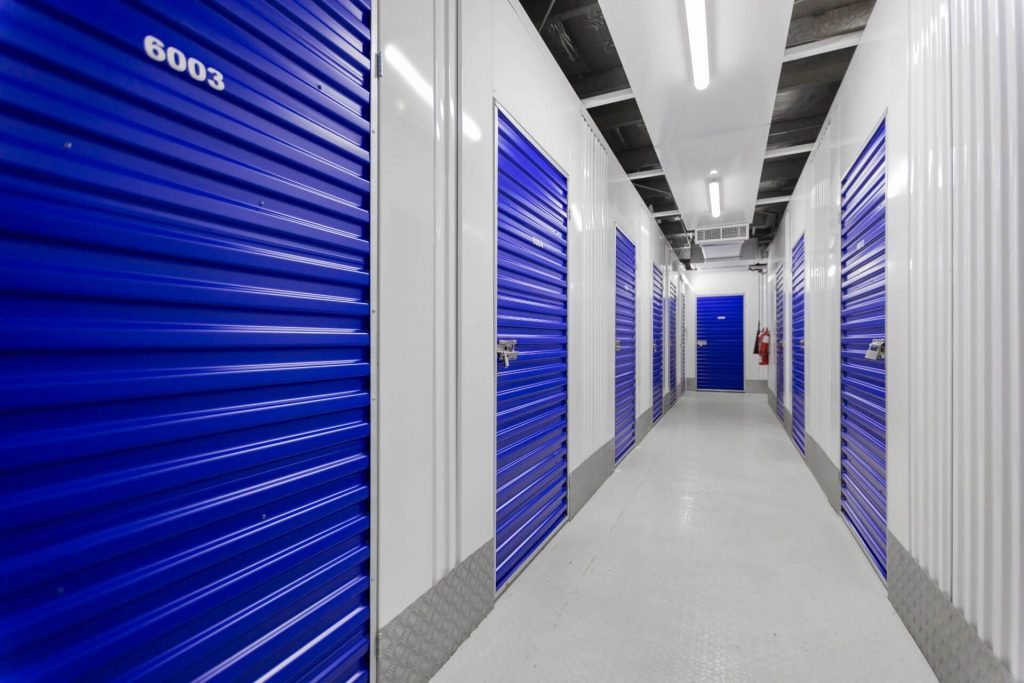
Do you need to store your belongings, but are unsure for how long? Choosing between temporary and long-term storage depends on different factors, such as the duration and type of items.
Some people need short-term storage for moving or renovations, while others require a longer solution for seasonal items or extra space. Comparing both options can help in selecting the right one based on convenience, cost, and accessibility.
What is temporary storage?
Temporary storage in Dubai is used for short-term needs, usually ranging from a few weeks to a few months. This option is ideal for those moving to a new home, renovating, or needing extra space for seasonal items. Many facilities offer flexible rental terms, allowing users to store items for as long as needed without a long-term commitment.
Benefits of temporary storage:
- Flexibility – Short-term storage allows easy adjustments based on changing needs.
- Convenience – Useful for temporary situations like relocations or home improvements.
- Lower Initial cost – Monthly rentals make it affordable for short durations.
What Is long- term storage?
Long-term storage is designed for those who need a safe place to store belongings for extended periods, typically six months or more. It is commonly used for storing important documents, unused furniture, or personal belongings that do not need regular access.
Benefits of long- term storage:
- Cost-effective for extended use – Many storage providers offer discounts for long-term rentals.
- Better protection for items – Climate-controlled units help preserve delicate items over time.
- Reduces clutter – Ideal for keeping non-essential belongings out of everyday spaces.
Factors to consider when choosing:
Duration of storage:
If storage is only needed for a short period, temporary storage is the best option. For those looking to store items for several months or years, long-term storage offers better value.
Item type and condition:
Delicate items such as documents, electronics, and furniture may require climate-controlled storage, which is commonly available in long-term storage options. Temporary storage is suitable for items that will be used again soon.
Cost considerations:
Short-term storage is generally more expensive per month, while long-term storage often comes with lower monthly rates for extended use. Evaluating budget constraints can help in deciding which option is more practical. For those who need frequent access to their stored items, temporary storage offers more flexibility. Long-term storage is better for items that do not need regular retrieval.